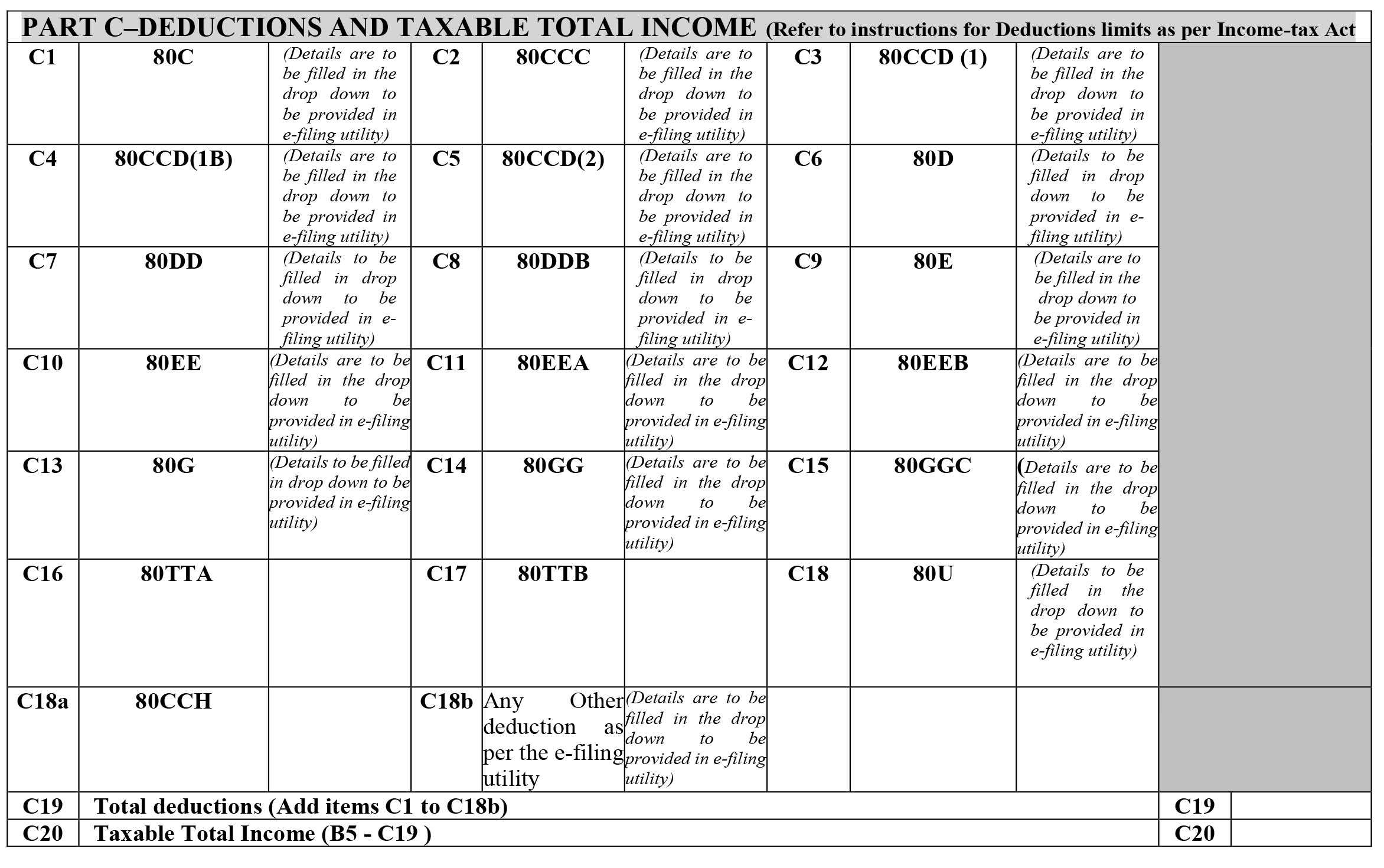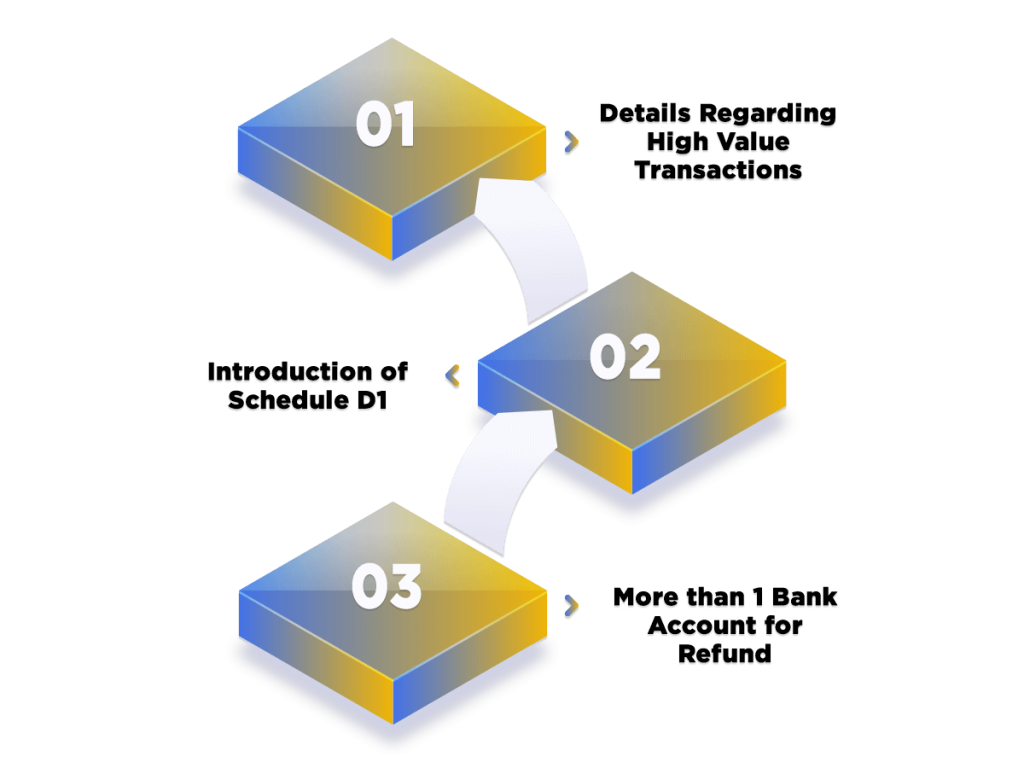
Income which is to be apportioned under Section 5Aįurther Section C specifies that a person cannot use this form if they have any claims of loss/deduction/relief/tax credit under the following categories:.Income taxable under special cases such as Sections 115BBDA or Section 115BBE.Income from owning or maintaining racehorses.

Income from more than one house property.Income, profits, or gains from businesses or professions that are not required to be computed under 44AD, 44ADA, 44AE of Income Tax Act, such as incomes from brokerage, commission, agency, or speculative business.Has any financial asset located out of IndiaĪlso, according to Section B, a person cannot use these returns if they have income from any of the following categories acquired in the previous year:.Income from any source that is outside of India.Has unlisted equity shares in the 2020-21 year.Has a signing authority in any account located outside of India.The ITR-4 returns do not have to be filed by a person who: Who these people are for the annual year 2021-22 is listed below: While it is necessary to understand who needs to file the ITR-4 form, there is also a category of persons who do not need to file this form. If the income of a spouse or minor child is to be clubbed with the income of an assessee, use this form if the clubbed income falls within the ₹50 lakhs bracket.The presumptive income computed under Sections 44AD, 44AE, 44ADA are assumed to be calculated after consideration is given to every loss, allowance, depreciation, or deduction under Income Tax Act.


The ITR-4 is filed by individuals or Hindu Undivided Families who are RNOR (resident other than not ordinarily resident) or a firm which is not a Limited Liability Partnership but is a resident and has an income not exceeding ₹50 lakhs for the year 2021-22. If you fall under this category, you should declare your returns under the ITR-4 option. Here is a list of who is eligible for ITR-4.


 0 kommentar(er)
0 kommentar(er)
